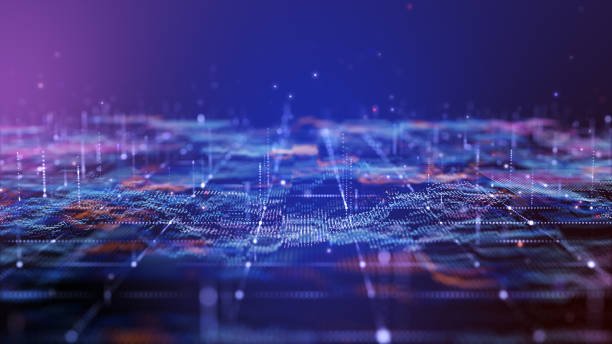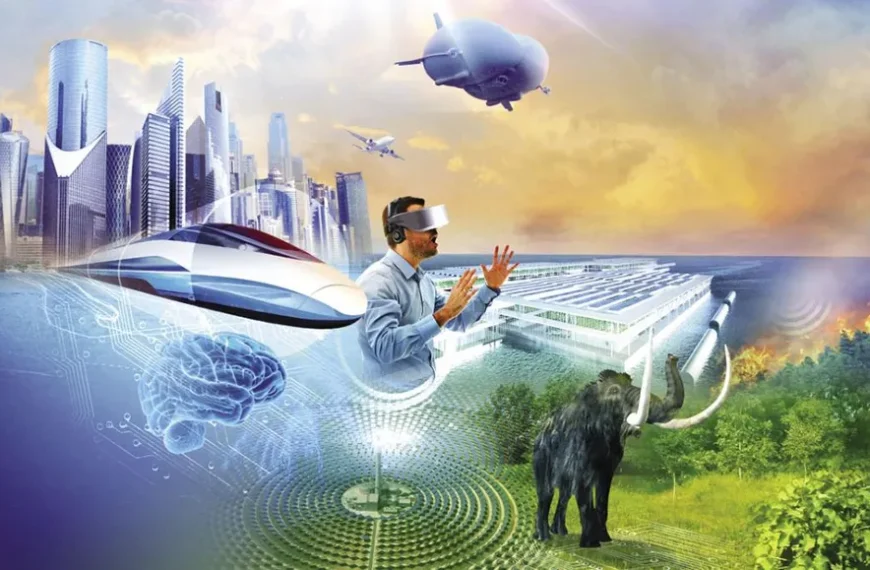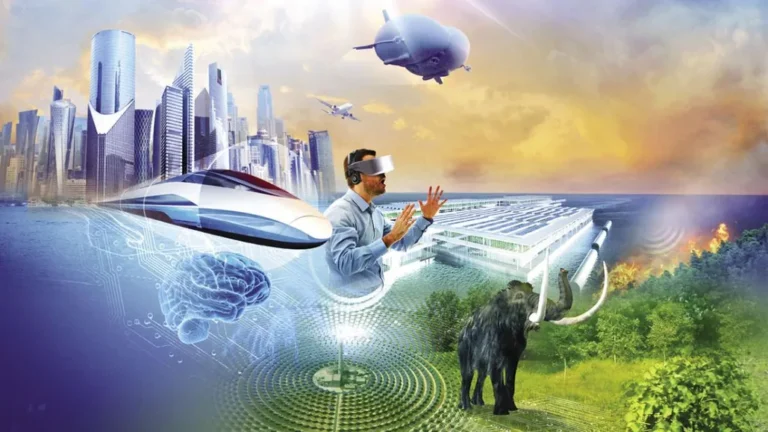Introduction
Artificial Intelligence (AI) is one of the most influential technologies of the 21st century. It has the potential to change industries, improve productivity, and even redefine the future of work. From automation in factories to AI-powered chatbots in customer service, this technology is reshaping the way humans and machines collaborate.
What is Artificial Intelligence?
Artificial Intelligence refers to computer systems that can perform tasks that typically require human intelligence. These tasks include decision-making, problem-solving, language understanding, and pattern recognition. AI technologies such as machine learning and natural language processing are now widely used in various industries.
AI in the Workplace
AI is helping businesses streamline operations. Automation tools handle repetitive tasks, allowing employees to focus on more creative and strategic work. In customer service, AI chatbots answer queries instantly, reducing waiting times. In industries like logistics, AI predicts demand and optimizes supply chains, saving both time and cost.
Job Opportunities and Challenges
While AI is automating many jobs, it is also creating new ones. Roles in AI development, data analysis, and robotics are growing rapidly. However, there are concerns about job losses in sectors where automation can replace human labor. To adapt, workers must reskill and embrace lifelong learning.
sEE ALSO: The Rise of Smart Cities
Ethical Considerations
The use of AI also raises ethical questions. Issues such as privacy, bias in algorithms, and decision-making transparency must be addressed. Governments and organizations need to create policies that ensure AI is used responsibly and fairly.
The Future Outlook
The future workplace will likely see humans and AI working side by side. With proper training and adaptation, AI can enhance human abilities rather than replace them. The key lies in balancing technological innovation with ethical practices and workforce development.
Conclusion
Artificial Intelligence is transforming the future of work. While it presents challenges, it also offers opportunities for growth and innovation. By preparing for these changes, society can harness the power of AI to build a more efficient and productive world.





